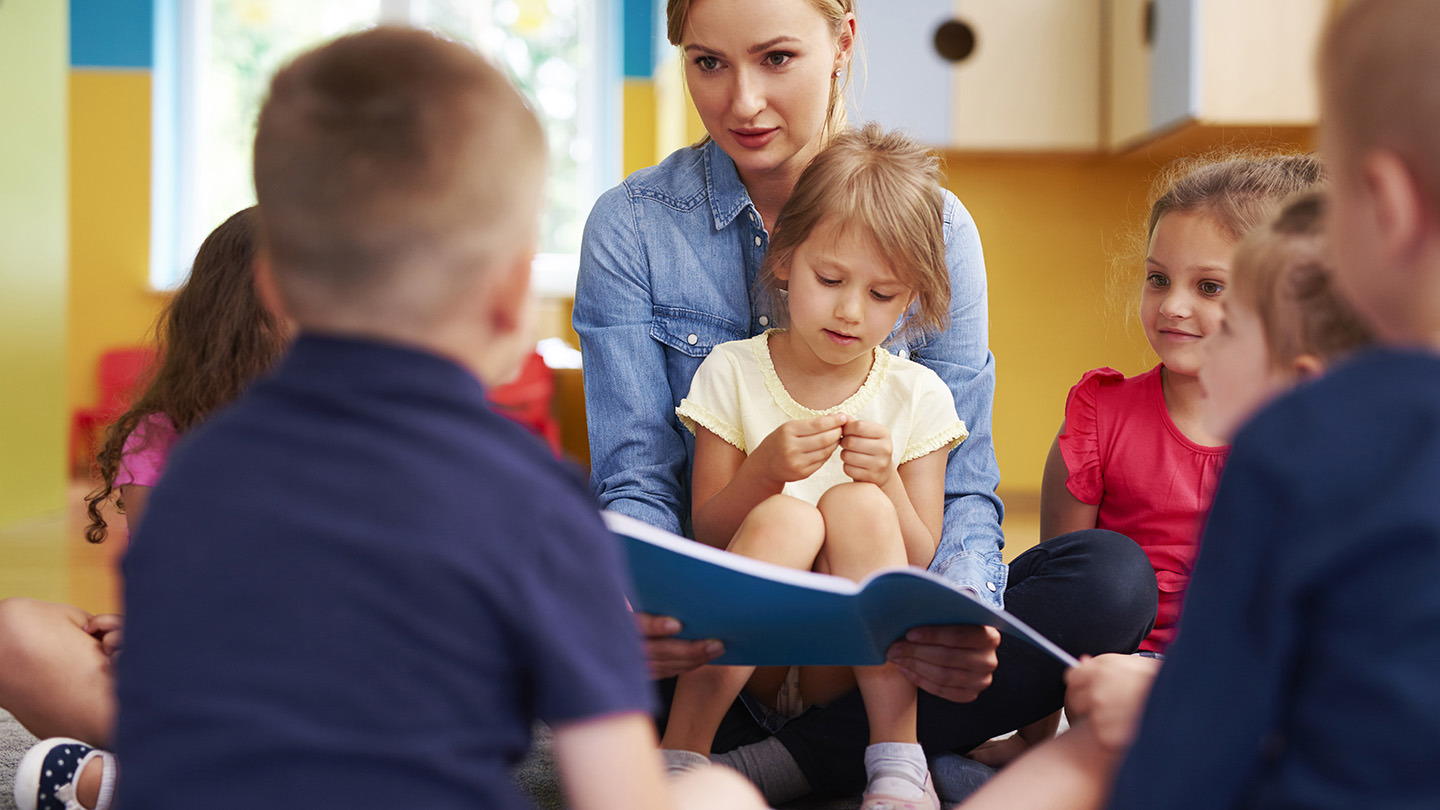Provide support – or don’t? This is the research question in a new project on preschool language development
2022-11-22

“We will conduct a study where we test two methods, sprung from different theoretical traditions in research on teaching and language learning, and see which one gives the best effect. In the long run, the result can lead to a changed approach to language teaching in preschool,” said Peter Andersson Lilja.
One tradition is based on children’s learning naturally when they are in an environment where people are conversing, reading, and writing. The second believes that children's language develops more effectively when educators actively and in a very structured way support the children in conversations and when reading.
“Our hypothesis is that both methods benefit children's spoken language development, but that the more supportive method particularly benefits children with a non-majority language mother tongue.
The children participating in the study will be 4–5 years old at the start of the project and a total of about 150 children from seven different preschools will be included. The project will last for four years and the children's linguistic and narrative abilities will be evaluated several times during the study. The project combines qualitative and quantitative methods and has a clear interdisciplinary approach, which is also reflected in the composition of the project group.
“My colleagues and I are very happy about the funding of the project from the Swedish Research Council. We believe that the study will also be of interest internationally as the research project’s design and methods are new in a preschool context,” said Peter Andersson Lilja.

